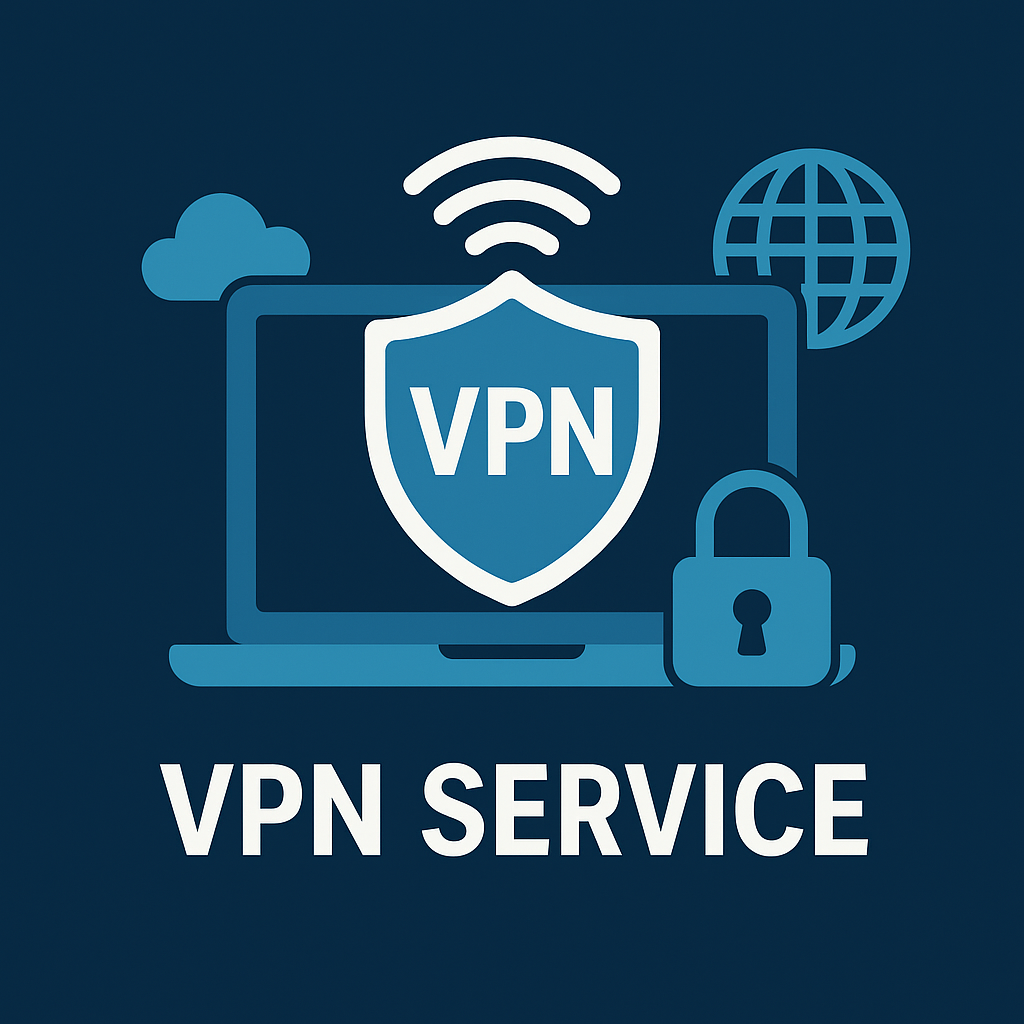VPN Industry Shakeup
The Shocking Truth About Online Privacy in 2025
Americans Are Ditching VPNs—Here's Why That's Dangerous
In a surprising reversal, VPN usage in the United States has plummeted from 46% in 2023 to just 32% in 2025—a massive 14-point drop in just two years. While 75% of Americans know what VPNs are, fewer than ever are actually using them to protect their data. Meanwhile, cybercrime victims hit nearly 860,000 people in 2024 alone. The disconnect is alarming.
The Free VPN Trap: You're the Product
Here's a dirty secret the VPN industry doesn't advertise: 28% of users still rely on free VPN services, and they're playing with fire. Free VPNs don't just fail to protect you—many actively sell your browsing data to advertisers. In 2023, 36% of U.S. users reported serious issues with free VPN services. Users who switched to paid services described their free VPN experience as "more expensive in terms of time, security risks, and lost productivity."
The math is simple: if you're not paying for the product, you ARE the product.
The $75 Billion Question: Who's Really Winning?
While American usage drops, the global VPN market is exploding. The industry is projected to skyrocket from $44.6 billion in 2022 to $75.59 billion by 2027. That's a $30 billion increase in just five years. Where's this money going?
Asia is dominating. Indonesia leads with 55% of internet users on VPNs, while Qatar hits an astounding 59% adoption rate. These aren't just statistics—they represent millions of people living under government censorship who desperately need digital freedom.
Corporate VPNs: The Weakest Link
Here's the kicker that should terrify every business owner: 56% of organizations were attacked via VPN vulnerabilities in the past year. Even more shocking, 91% of cybersecurity professionals admit they're worried VPNs could become the entry point for major breaches.
Traditional VPNs are becoming the Trojan horse of cybersecurity. Companies are scrambling to adopt zero-trust architectures because their VPNs—the very tools meant to protect them—have become security liabilities.
The Netflix Arms Race
Two out of every five Netflix subscribers worldwide use VPNs to access geo-blocked content. Streaming has become the new battleground, with 46% of personal VPN users employing them specifically to access entertainment services. Netflix tries to block VPNs. VPN companies develop workarounds. It's a never-ending cat-and-mouse game worth billions.
The Privacy Paradox: Mobile Takes Over
61% of VPN usage now happens on mobile devices, yet smartphones connecting to sketchy public WiFi remain the most vulnerable targets. Despite this risk, only 40% of VPN users actually connect daily. Most people think about security only when it's too late.
Who Actually Wins the VPN Battle?
After testing over 50 providers, the winners are clear:
NordVPN dominates with 8,000+ servers across 127 countries and less than 5% speed impact. It's passed 23 consecutive security audits and offers advanced features like Double VPN and Threat Protection. Price: around $3.09/month on long-term plans.
Surfshark offers unlimited device connections and cutting-edge features like IP rotation every 5-10 minutes. It's the budget champion with strong security at approximately $2.19/month.
Proton VPN takes privacy to extremes with open-source apps, Secure Core servers in ultra-secure Swiss bunkers, and partnerships with secure browsers. It's the choice for journalists and activists.
ExpressVPN remains the premium option with proprietary Lightway protocol and servers in every U.S. state, though it's pricier than competitors.
Private Internet Access (PIA) operates a massive 35,000+ server network with verified no-logs policies and costs just $2.03/month.
The Bottom Line
The VPN industry is at a crossroads. While Americans grow complacent, the rest of the world recognizes that online privacy isn't optional—it's essential. Free VPNs are selling your data, corporate VPNs are becoming security nightmares, and cybercrime is surging.
The question isn't whether you need a VPN. It's whether you can afford not to have one. With the market doubling in size and threats multiplying, 2025 might be the year you finally take digital privacy seriously—before you become one of those 860,000 annual cybercrime statistics.
Choose wisely. Your data depends on it.
